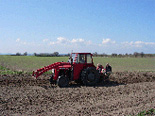
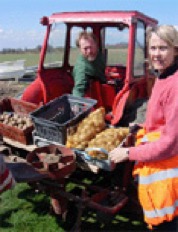
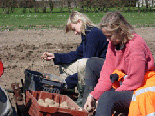
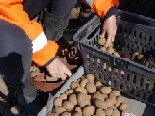
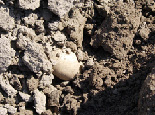
Learning from a potato-perspective
Essay by Åsa Sonjasdotter
In the spring of 2005 I started to grow traditional varieties of potato on Ven, an island situated in Øresund between Sweden and Denmark where my family has a small farm. None of the varieties I planted were registered on the EU Variety List, meaning that cultivating them for commercial use was illegal. Although this was nothing I knew about at that time.
To start cultivating potatoes was for me a way to transform and develop experiences I had had through meetings with organized farmers in India. During the autumn of 2004, I had visited Navdanya, a farmers organization structured around a biodiversity centre at the foothills of The Himalayas. These farmers collect, develop and share locally bred varieties of rice, wheat and beans from season to season, which is the traditional way of keeping and developing sustainable agriculture all over the world. Since the 40’s, Indian farmers have been under pressure to enter commercial farming through the governmental and corporate program of The Green Revolution. The farmers of Navdanya have taken a stand against this and they insist on a non-commercial and non-chemical future in their villages.
Back in Scandinavia, I wanted to transfer this experience into the local context of where I lived. I thought potato would be a comparable basic staple product for the Scandinavian region, and so I collected some old varieties of potato to plant. But soon I learned that these potatoes had another story to tell. I had actually never thought of the fact that the potato plant originated in South America. For me, potatoes have always been the popular basic produce that everybody grows in their gardens to eat at all times. A typical traditional Scandinavian staple, I thought, ignorant about the fact that the potato is colonial loot from the European invasion of America.
But not only is the potato plant a global migrant well adapted to the various cultures embracing it, it's also enmeshed in global trade agreements and laws controlling genes and registration. The descendants of the wild plant from the Andean mountains that I grew on our farm turned out to be potential criminal goods. Local farmers in Scandinavia had developed the old varieties ever since the time when some spare plants arrived there from America. Today these old-fashioned varieties face restrictions imposed by the registration regulations of the EU. It is forbidden to grow most of them commercially, the reason being that they don't fit into the EU regulation standards, or that no one is interested in trying to register them. And a non-registered potato in EU easily becomes an illegal potato.
From this potato-perspective I found a rather different, but at the same time clearly connected situation in Scandinavia and Europe compared to the one of the organized farmers of Navdanya in India. This became the starting point for a longer investigation in the complex issues of knowledge and power through the cultivated plant of potato.
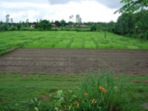
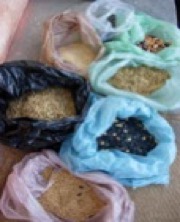
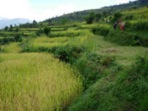
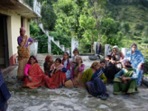
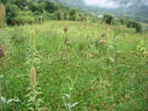
More info on Navdanya >>
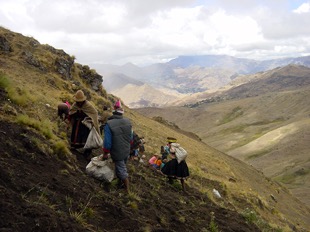
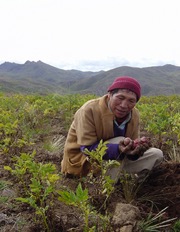
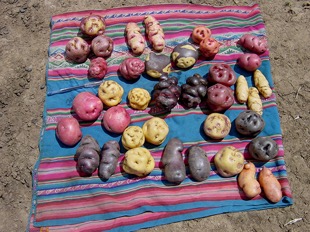
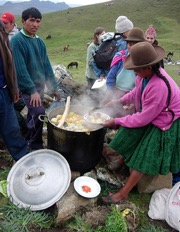
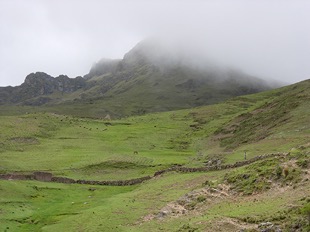
For info on activities on potato diversity in South America, read about the Quechua-Aymara Association for Nature and Sustainable Development: ANDES >>